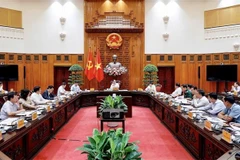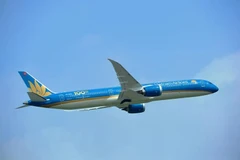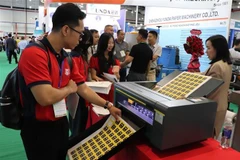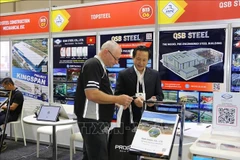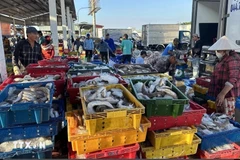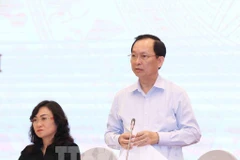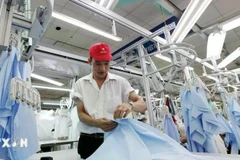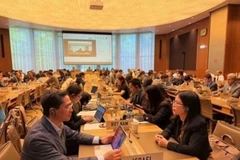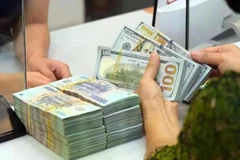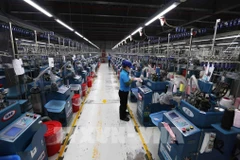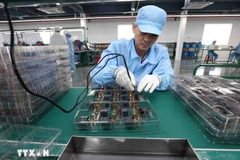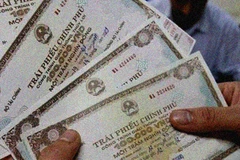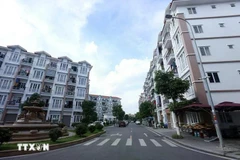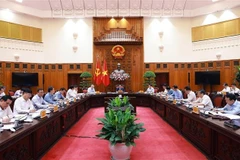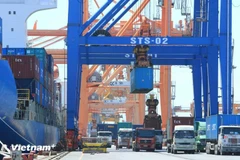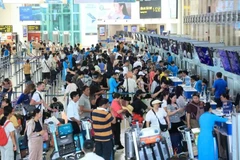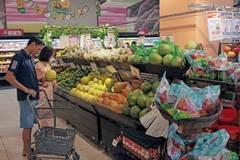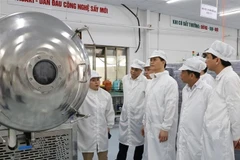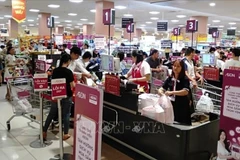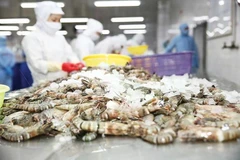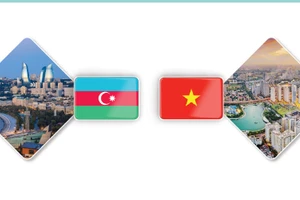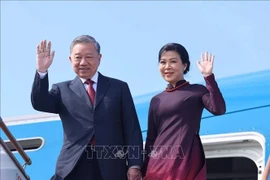Binhattributed the continuance of the country's sluggish and complex processof customs clearing to the poor inter-agency cooperation at an onlineconference about Vietnam's customs practices April 2.
"There is alack of consistency in standards and procedures during the customsclearance process," Binh said, "different sets of regulations are beingapplied by various customs agencies and ministries."
He gave anexample of how different agencies use differing methods to calculate thefee to verify goods caused confusion for businesses. Some agenciesbased their fees on weight while others on the value of the goods.
TranQuoc Tuan, head of the Quality Assurance Department under the Ministryof Science and Technology, said the ministry has long accepted qualitycertificates sent by fax but customs agencies still refuse to do so.
"If the ministry and customs agencies cooperate on this front, we will be able to remove a bottleneck in the process," he said.
TheMinistry of Industry and Trade (MoIT) is set to implement a pilotproject that will provide businesses with electronic documents for theirimported and exported goods. Certificates of origin will, however,remain in paper form as mandated by Vietnam's international tradeagreements, said Do Thi Thu Huong, deputy head of the Import and ExportDepartment under the MoIT.
Le Nhu Quynh, deputy head of theCustoms Modernisation Committee (CMC) under the General Department ofVietnam Customs, said more procedures will be processed electronicallyand the department is ready to step up cooperation with other ministriesthis year.
The department is also undertaking a survey todetermine the time required for customs clearance and businesses'satisfaction level.
A CMC report in 2013 reported that theaverage length of time for customs clearance was 115 hours, calculatedfrom time of import entry. Of the lengthy clearance process, 32.37 ofthose hours were spent on registration alone.
In resolution19/2015, the Government set out objectives to improve the country'sbusiness environment. Reducing customs clearance time would contributegreatly to that objective, it opined.
The Government aimed toreduce customs clearance time to less than 10 days for exporting goodsand less than 12 days for importing goods, which would be on par withneighboring Indonesia, Malaysia, Thailand and the Philippines.-VNA
